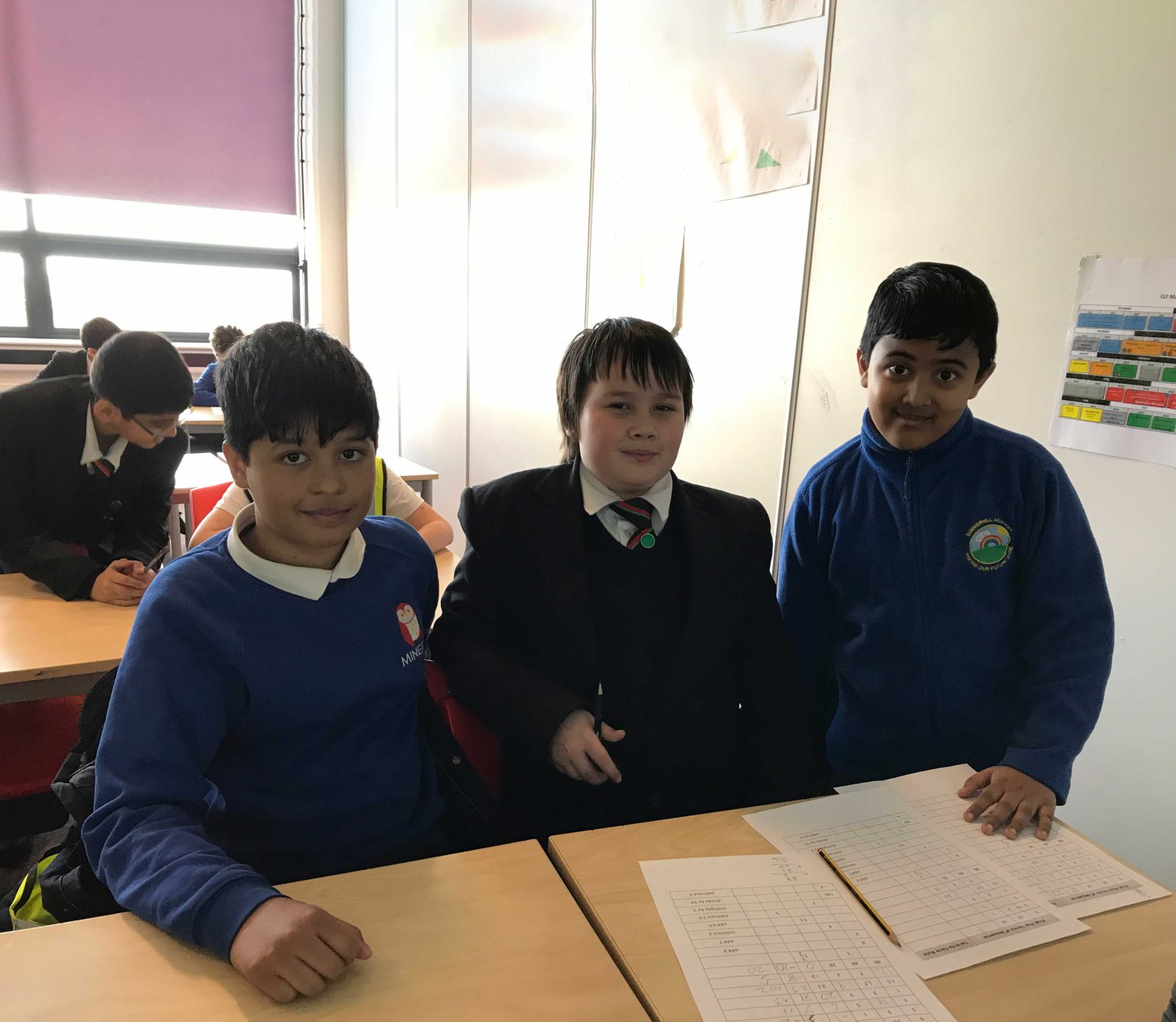Cabot Learning Federation celebrates International Day of Mathematics
Pupils and students from across the Cabot Learning Federation celebrated the International Day of Mathematics as we staged our second CLF Big Day of Maths.
The purpose of the day and the investigative activities pupils and students took part in, was to support learners in developing their ‘mathematical habits of mind’. In particular, the Big Day of Maths is about enjoyment and engagement, so there was a specific focus on supporting learners to develop positive attitudes by teachers modelling and encouraging learners to work collaboratively and to value each other’s ideas.
The International Day of Mathematics (IDM) is a worldwide celebration. Each year on March 14 schools and institutions across the world are invited to participate through activities for students and the public in schools, museums, libraries and other spaces.
March 14 was chosen as the date for the IDM because it was already celebrated in many countries as Pi Day, based on the fact that some countries write it as 3/14 and the mathematical constant Pi is approximately 3.14.
CLF Big Events are a wide range of joy-filled activities which we have developed to create lasting memories for our pupils, while shaping who they are and developing their sense of self.
The events also support our trust-wide ambition to deliver excellent education experiences for our pupils, improving their life chances and serving our communities.
Fin McLaughlin, Primary Maths Lead, and event organiser said: “It’s so important that our learners develop positive attitudes towards maths; there are so many negative stereotypes out there and the Big Day of Maths is a great way for everyone to enjoy being a mathematician and be a part of a worldwide mathematics community.
“This year learners were encouraged to investigate patterns (visual, numeric and, for older students, algebraic) in order to make predictions and then use logical arguments to justify their predictions. Pattern spotting, visualising and convincing are some of the mathematical ‘habits of mind’ our curriculum aims to develop, and this annual event is a great way to celebrate working on them.”

